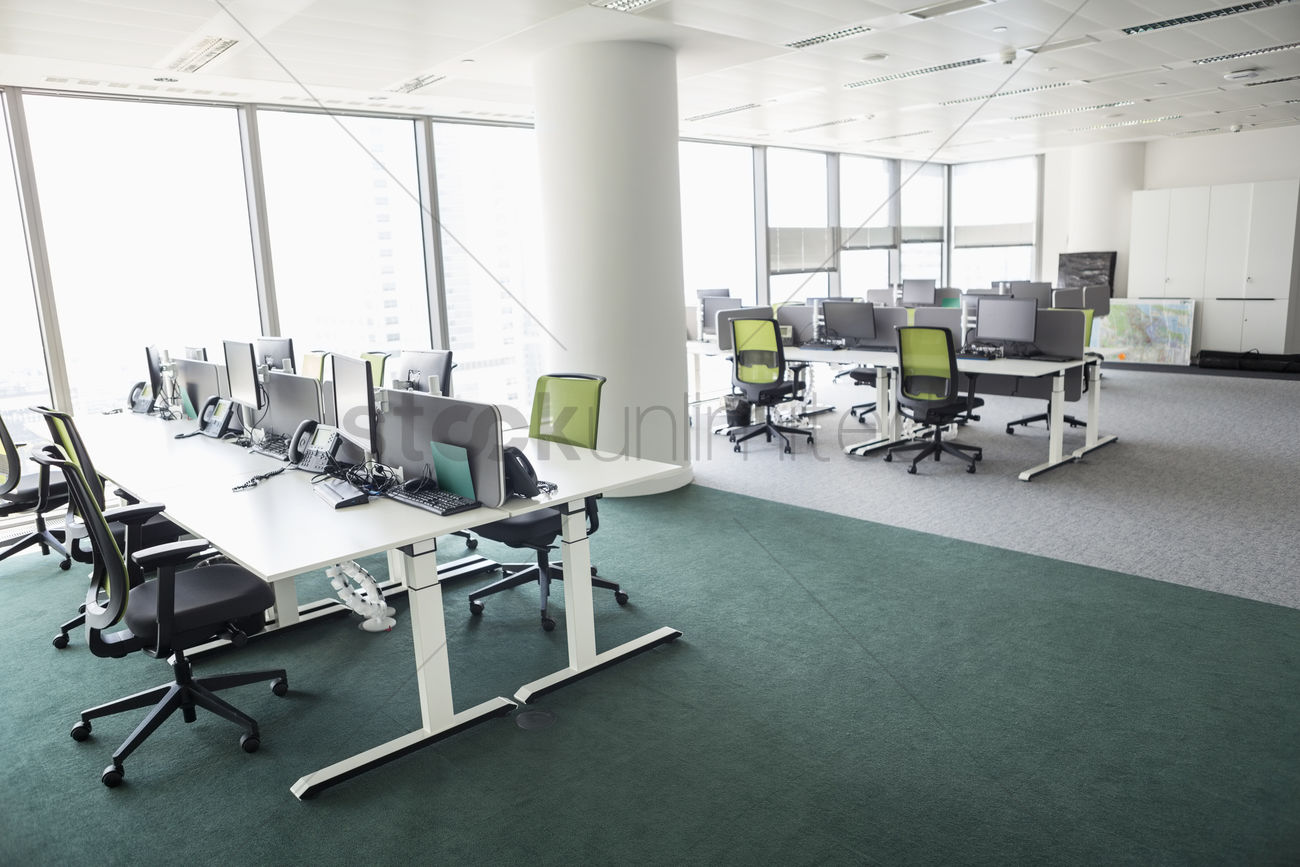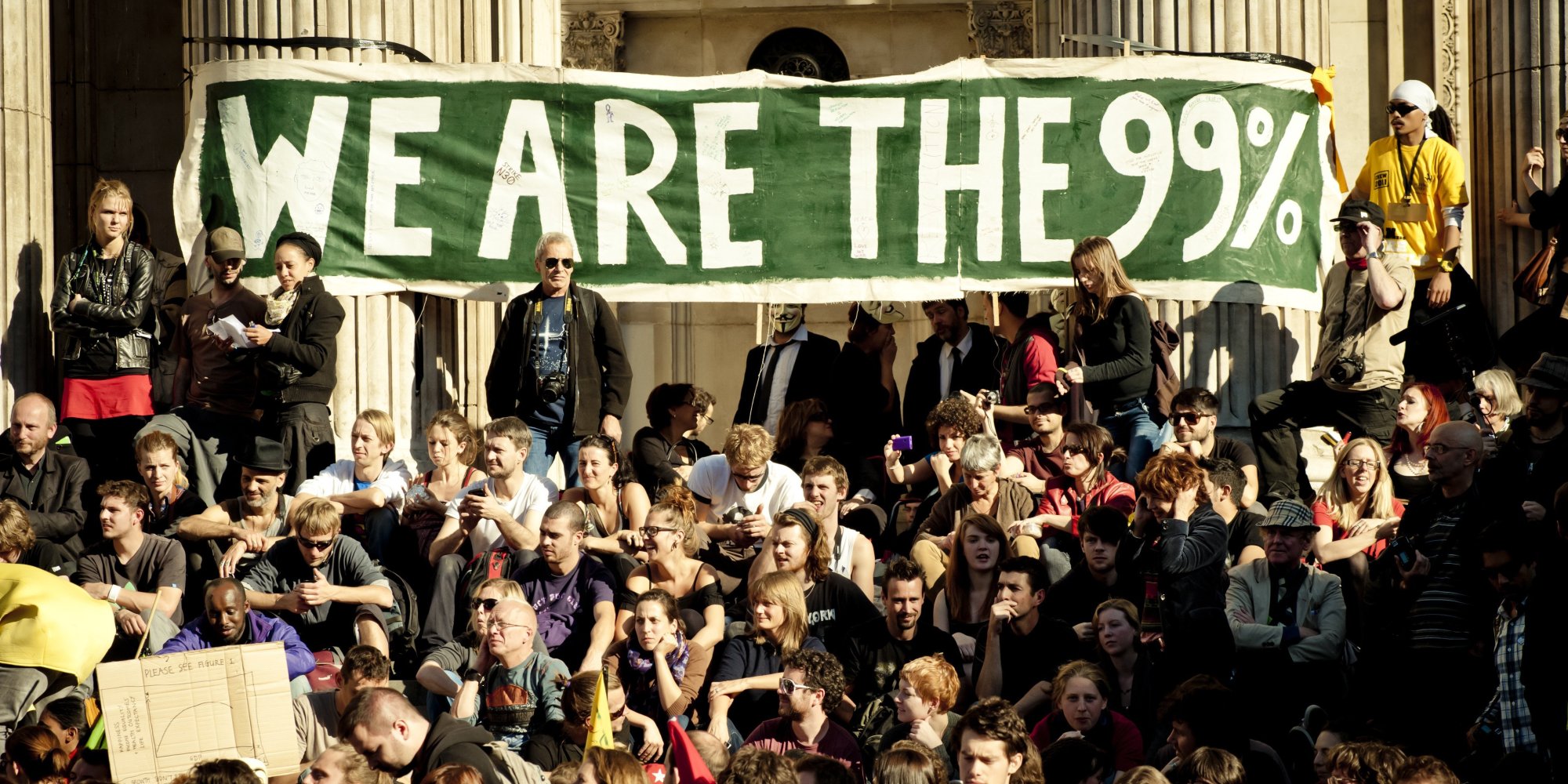
Many of the economic pundits from the large financial institutions have been claiming they know precisely why almost 11 Million jobs are open for hire in the US. They mention stimulus checks, closed schools forcing parents to stay home, and fear of getting Covid as the big culprits keeping people out of the workforce.
But now the stimulus checks have ended, schools are back in session, the breakthrough rate for vaccinated people hovers around 1-3%, and jobs remain unfilled. If you watch CNBC and Fox Business, you will quickly get an image of these 11 Million people lazily binge-watching Netflix in their pajamas and ordering Ben & Jerry’s through door dash. After all, someone has to stock those store shelves and better you than me.
The corporate elite complain that people are not showing up to dig ditches for them because socialism has permeated our society. “No one wants to work anymore” is echoing through the halls of companies short on help. The actual job gap results from a profoundly different phenomenon, and it is these employers’ worst nightmare.
Covid was an inciting moment that caused many workers to reflect on their lives and decide that their job was unfulfilling. They were in job roles that did not leverage their gifts, skills, talents, and ideas. The shutdown provided time to take a breath and reflect on their life. Many of their early goals took a back seat to real-world obligations of car payments, mortgages, and children’s dance lessons. The thought of going back to a job where their skills aren’t used was soul-crushing.
These workers aren’t playing video games and streaming movies. They are taking part in mass personal and career transformations. These projects range from writing novels to becoming professional dog walkers. Still, they have the common theme of stepping into something unknown, scary and taking on a challenge that will redefine their life.

There were early clues to this growing personal transformation economy in the pre-covid days. Gig employment, freelance nation, and working remotely were already starting to take hold as people began looking for a change. Parts of Occupy movement voiced concern about the rich getting more prosperous people and the darker sides of capitalism. But the Occupy issues framed the working class as the victim; this new movement positions them as the hero.
Covid was the spark, but the accelerant for personal change is deeply ingrained in our society. The American Dream is a concept often applied to naive immigrants and young graduates. Older people, making significant changes in their lives, are framed as part of a mid-life crisis, reckless, silly, and even delusional. Ray Kroc, Vera Wang, Grandma Moses, and the Zagats all started their careers later in life and did just fine.
Many Uber/Lyft drivers are taking fares between working on their side gig. Community college attendance is way up. Peloton and Lululemon’s meteoric stock rises are signals that people were addressing physical and career transformation. Headspace and Calm are onboarding millions to meditation, and online courses like Master Class and Khan Academy provide flexible alternatives to knowledge and skill development. Extreme capitalism and entrepreneurial activity are driving the job gap.
The idea that we are active creators in this world rather than victims is the theme of this new Hero’s Journey Economy. The press and media are missing this entire movement as they focus on political division and wealth discrepancy. They better catch on fast to this trend because, between their news stories of backlash, grievances and outrage are commercials aimed at a large swath of society that has advanced beyond this victimhood.
This Hero’s Journey workforce is not just blue-collar workers looking to break the bonds of long hours and mean bosses. Take, for example, the demands from the wealthy Wall Street CEOs for their junior staff members to get back to the office and turn on that computer. Thanks, but no thanks has been the response from more than a few. For them, it is time for that start-up to incubate, to pull that business plan out the drawer, to seek out seed money, and be their own boss.

Many employers who hope these dreamers run out of money before achieving their goals better not hold their breath. These empowered workers are slaying their dragons on intensely personal, reflective, entrepreneurial, and spiritual journeys. They are encouraged in their journey by podcasts, mentors, and angel investors. It is a bootstrap activity where failure is not an option. Unlike worker uprisings in the past, this will not result in protests or meager corporate capitulations to an upset workforce. These workers are quietly leaving, with no plans of ever coming back. As bad as it is to find good workers, the situation could be getting worse. Companies may see these former employees again, but they won’t be coming back to work. Like Sam Walton, who started Wal-Mart after seeing the mistakes from his five and dime employer, these workers just may come back as their old employers’ most formidable competitors.

